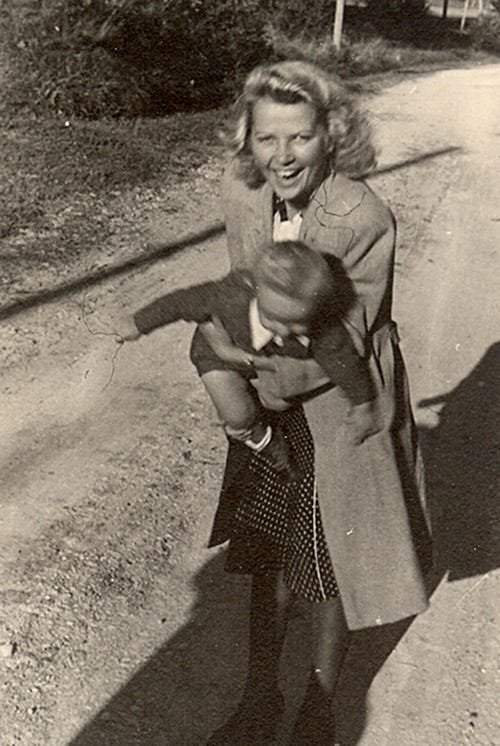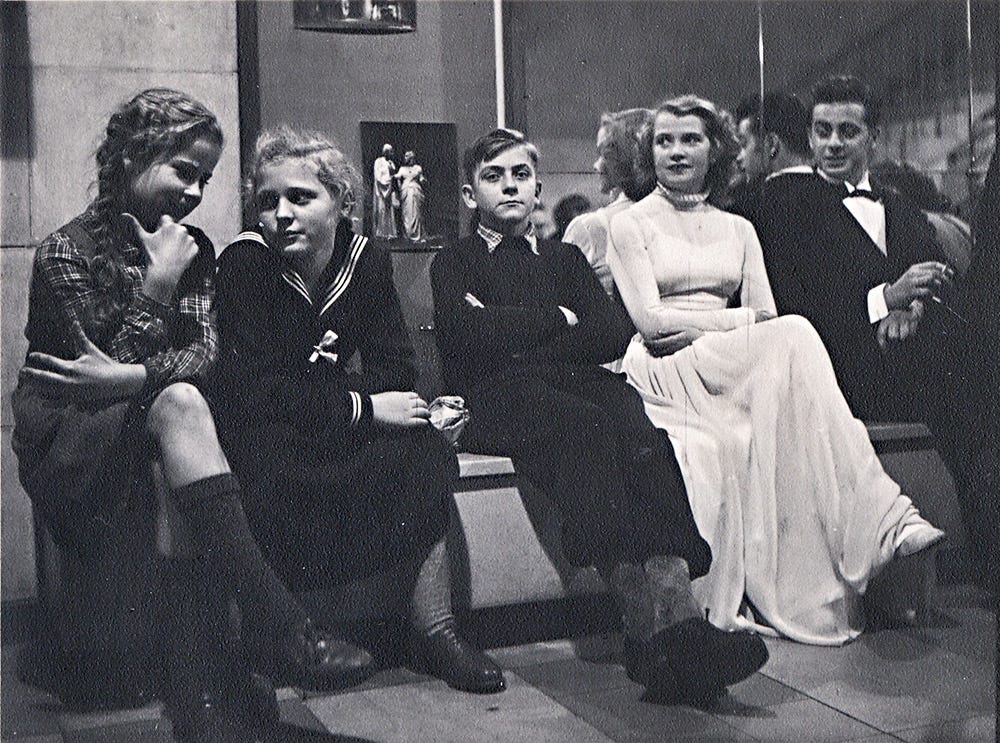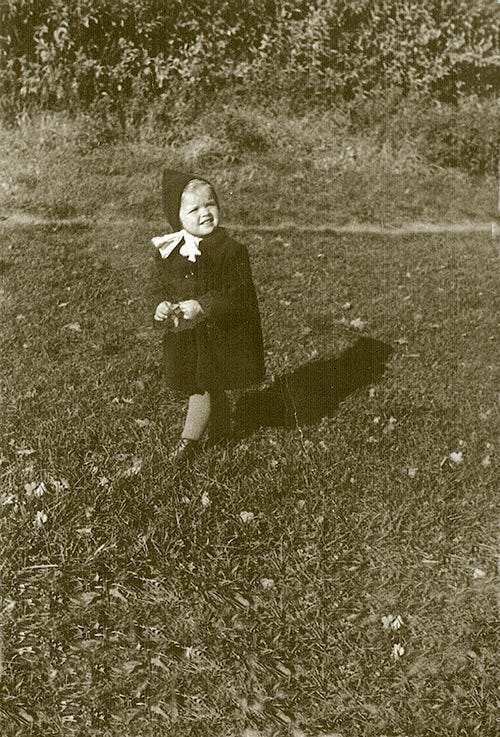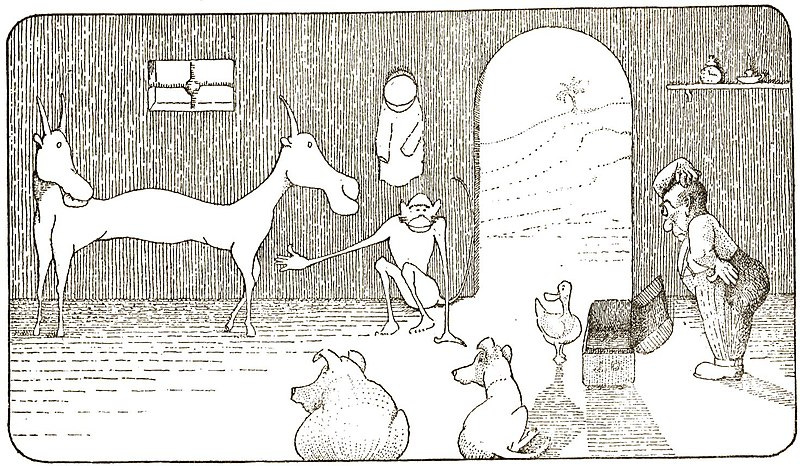A comment on last week’s post reminded me that I strongly believe we choose the parents/family and the time/place we’re born into. Well, “strongly” isn’t a good word in connection with “believe”, which by definition relates to something I don’t know and should always be held lightly, ready to be thrown out if new evidence speaks against it. That’s why I get so mad when organized religions DEMAND that people believe something, or else. What an oxymoron! Or is it a logical fallacy? Either way, belief is, by definition, something rather tenuous.
So, when I say that I believe in reincarnation, it is loosely held. As a hypothesis for what happens after I die it fits best into my worldview and makes more sense than heaven and hell and eternal damnation. Another lightly held belief: consciousness is the very fabric of the universe. It permeates the smallest amoeba and the biggest galaxies. I know this is a tricky statement. What about black holes, one might ask: a region of spacetime where gravity is so strong that nothing, not even light and other electromagnetic waves, is capable of possessing enough energy to escape it. Do black holes have some modicum of consciousness, and what might they experience? Something to ponder on…
Actually, the concept of a conscious universe has a formal academic name: it’s called panpsychism, and has a long history in western philosophy from ancient Greece to Spinoza and Leibniz to Alfred North Whitehead. More recently, scientists such as physicist Roger Penrose and cognitive scientist David Chalmers are proponents of panpsychism, in the sense that everything – or every thing, as complex as a human being or as simple as an electron – has some kind of subjective experience, no matter how basic. Remember the plasmodial slime molds? They’re single-celled organisms which join together to form some kind of super-cell, and in their search for food they find the shortest way through a maze. Without a brain, they solve complex problems and find the most efficient way around obstacles. Clearly, they must have sentience, inner experience.1

Astrophysicists and astronomers such as Greg Matloff, professor of physics at New York City College of Technology (CUNY), posit that stars and other celestial bodies also display some form of consciousness because they’re able to move and accelerate in specific ways. This sounds like science fiction, doesn’t it, but is based on observed data known as Parenago’s Discontinuity: some stellar motion is volitional rather than purely gravitational, or "Stars cool enough to possess upper layers with stable molecules are more conscious than hotter stars and move differently to participate in galactic self-organization”.2

Back to reincarnation and my belief that the part of me that is reborn, some conglomerate of consciousness, chose the timing, the settings, and the family. And when I think about what I learned and how my early childhood experiences shaped me, I feel nothing but gratitude, although at the time I was often miserable.
I was born in May 1946, about one year after the end of the war and the Nazi time. Remnants of bombed-out houses, rationed food, and stories about air raids in the middle of the night instilled a fundamental aversion against wars, armies, uniforms, guns, and anything related to violence. The Holocaust and the shocking horror reports about Nazi atrocities left me with the unanswered question: “How could this happen? How could you let this happen?” I never got an all-inclusive, satisfying answer, but over many years I collected a lot of facets, some quite recently, in fact. I’m acutely aware of anything smacking remotely of fascism, and for that I’m grateful, even when it’s disturbing.
And now, I’ll finally get to the point! Which is: Despite feeling lonely, misunderstood, unappreciated, miserable, hurt, insulted, and put down there is much that I appreciate from my childhood. This post is focused on my mother.
I practically grew up in the theater world, behind the stage. Before my sister was born in 1952, my mother had regular engagements, in Ulm, in Heidelberg, and in Mannheim. They never lasted more than two or three months at a time, and I would have preferred to stay with my grandparents and my aunt, I’m sure. My grandfather’s hunting dog, Senta, was my best friend, and I had cousins who lived nearby to play with. Maybe my mother took me along because she loved me and couldn’t bear to be separated for weeks. Or was it some rivalry thing, because it irked her that I would rather stay at home, without her? I was the youngest grandchild and they definitely spoiled me a bit. Until my sister was born – when I was suddenly dethroned and turned into an ordinary grandchild; just like that. I was so jealous…
There are some traumatic memories; once when my mother took me along to a rehearsal and told me to wait in her dressing room, I didn’t listen but wanted to explore and got totally lost in dark alleys full of props and pulleys and curtains – I must have been around four years old.
But by and large, being exposed to live theater performances has had nothing but positive effects. After my sister was born and ended my mother’s career, my parents always had season subscriptions for the local Bochum Theater, and often I got to go because my father either had to work or didn’t feel like it. In Germany, these were venerated institutions: financed and subsidized by the state, and yet independent, theaters had the means to hire talented actors and innovative, avant-garde directors. If you’re a film buff old enough to remember Rainer Werner Fassbinder, you’ll understand what I mean: the Bochum Theater, one of Germany’s leading performance centers, hired him as a director for one season in 1972.

My mother is also responsible for my solid foundation in art and literature. On Sundays, we would visit galleries, exhibitions, old castles and churches; sometimes, the premises were over 1,000 years old. By the time I was in my late teens, I was solidly tired of all the “culture”, but now: I’m so grateful she dragged me to all these undertakings.
Same with literature. Dr. Doolittle is one of the earliest books I remember my mother read to me: about a physician who can understand animals and speaks to them in their own languages. I loved these books and never forgot some of the characters; there was the Pushmi-Pullyu, and my favorite: Sophie the Seal.
My mother belonged to a book club which published classical literature – Tolstoi and the other Russian greats, Goethe, Schiller, Shakespeare plays, etc. – but also more modern works such as Look Homeward, Angel by Thomas Wolfe and Arrowsmith by Sinclair Lewis. By the time I was a teenager I had become a voracious reader, and to have loads of books readily available was a huge blessing. Some books would mysteriously disappear: Peyton Place, Sons and Lovers, some books by Hemmingway and Henry Miller. I soon discovered that they had some sexually explicit content, and the fact that they seemed to be “forbidden” only made them more attractive. If you wanted me to do something, you only had to forbid it. I’m still trying to unlearn this silly trigger…
This post is rambling on a bit, I hope you don’t mind following me down some rabbit holes of child memories. I just learned that dragon flies migrate — I’ll explore that for next time.
The Stanford Encyclopedia of Philosophy has an extensive entry on Panpsychism, if you want to learn more about it.








Fascinating history Jessica. Being born in the year after the war ended, you will always be a child of history, destined to be affected by it. How could you not? The more you learn about it, the more you'll understand all those remarkable levers acting upon you, upon us all.